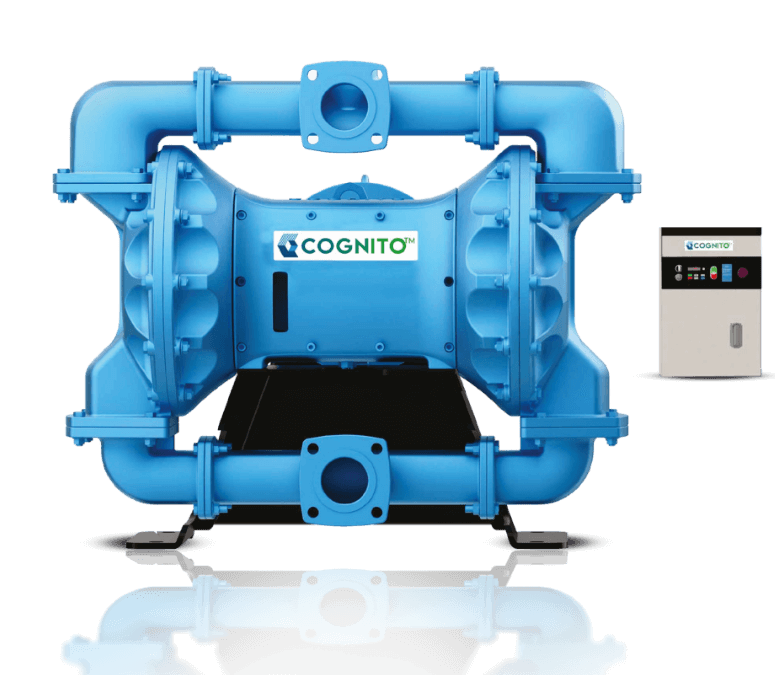Comprehensive Guide to PFA Lined Pump Specifications and Benefits
 |
| Comprehensive Guide to PFA Lined Pump Specifications and Benefits |
For
industries handling corrosive, high-purity, or hazardous chemicals, a
run-off-the-mill pump would barely work. These industries need pumps that offer
superior chemical resistance and can handle all sorts of aggressive fluids. PFA
(Perfluoroalkoxy) lined pumps provide the mechanical strength of
metallic casings with the superior chemical resistance of PFA lining, making
them perfect for displacing the most challenging fluids.
So,
how does a PFA lining make a pump better? PFA is inert to almost all
aggressive chemicals, including strong acids, bases, solvents, and oxidisers.
Typical metal pumps can be easily corroded over time with repeated fluid
contact. The PFA lining acts as a non-reactive barrier, a protective layer of
sorts, between the pump's metallic body and the fluid, maintaining structural
integrity even in highly corrosive environments. The PFA lining is mechanically
locked into the metal armour, offering vacuum resistance. This thick, strong
layer can absorb all kinds of mechanical stresses that can result from system
pressure or piping nozzle loads.
Specifications
of PFA lined
pumps
- The outer body of PFA-lined pumps is
typically made of ductile iron, stainless steel, or cast steel, giving
them strength and durability.
- As discussed before, the
inner layer is protected in a PFA lining casing.
- PFA-lined pumps with
mechanical seals are designed for standard applications.
- Sealless PFA-lined pumps are
used with applications handling highly hazardous or toxic chemicals,
eliminating the risk of leaks.
- PFA-lined pumps are designed
to operate in extreme temperatures.
- Design variants in PFA-lined
pumps include centrifugal PFA-lined pumps that are ideal for chemical
transfer applications where high flow rates are required; magnetic drive
PFA-lined pumps that offer leak-free operation in hazardous environments;
and vertical PFA-lined pumps that are popular with sump and tank
applications where space constraints need to be considered.
Benefits
of PFA-lined
pumps
Superior
Chemical Resistance -
This is the main advantage of PFA-lined pumps. The PFA lining does not react to
strong acids, alkalis, oxidisers or solvents, protecting the pump from
corroding. No matter how pure or aggressive a fluid is, it will not degrade the
pump body.
No-leak
operation -
PFA-lined pumps come with the promise of protection against leakage. Be it
sealless magnetic drive designs or double seal options, a PFA lining gives
pumps an extra layer of safety. PFA doesn't absorb fluids and let them pass
without affecting the pump structure. Extended lifespan of the pump -
The tough outer casing and the PFA lining ensure these pumps do not rust, have
minimal wear and tear and minimal part replacements. PFA's smooth, non-sticky surface
doesn't allow a build-up of crystals or residues. All this makes PFA-lined
pumps a cost-effective option for industries.
PFA-lined
pumps are energy-efficient - Since the PFA lining doesn't allow any particles or residue to stick
to the pump's surface, it allows for a friction-free operation. And a
friction-free operation often leads to reduced power consumption.
To
understand PFA-lined pumps better, let's take a look at a few top pumps in the
market today –
PFA-lined
centrifugal magnetic drive pumps by Richter
These
pumps come in three variations - QMD (Standard Duty), RM (Medium Duty), and MNK
(Heavy Duty). Featuring optimised hydraulics, these pumps offer enhanced energy
efficiency. The RM pump can handle temperatures between -30 °C to +150 °C. The
housing material is made of EN-JS 1049 / ASTM A 395, and the pump can handle
pressure up to PN16. The PFA lining (3 to 5 mm) has been vacuum-proofed for
extra strength. These pumps are suitable for applications that handle chemicals
such as H2SO4, 30-38% NAOH and HCL.
THE
QMD or the standard duty pump, on the other hand, can also handle pressure up
to PN16. The pump has been designed for easy storage, ideal for operations with
space constraints. The lining is made of FEP and offers superior resistance to corrosion.
The
MNK or heavy-duty pumps feature SAFEGLIDE® PLUS – which offers dry running
optimisation, ensuring no damage to plain bearings for a brief period. The
actual lining is made of PFA, PTFE, PE-UHMW, or is PFA conductive. This pump is
compatible with applications handling chemicals such as bromine, HCI 30%,
Phosphate Chloride, Caustic solution, H2SO$, Diester Mass, NACL, Thionyl
Chloride, and HCL.
Richter's
mechanically sealed pumps feature a mechanical seal RG4 for solids and a modern
design that makes them highly reliable. If needed, mechanical seals can be
easily replaceable without breaking a bank. These pumps are made of EN-JS 1049
/ ASTM A 395 and have a 5 mm lining of PFA, PTFE, PE-UHMW, or PFA
conductive. All Richter mechanically sealed pumps are certified by
2006/42/EC Machinery Directive, 2014/34/EU Equipment explosive atmosphere.
These pumps are popular with Reaction Mass + Diester Mass and Math + Methanol
applications.
To learn more about Richter's premium PFA lined pumps, please visit their website - https://www.idexindia.in/richter/



Comments
Post a Comment